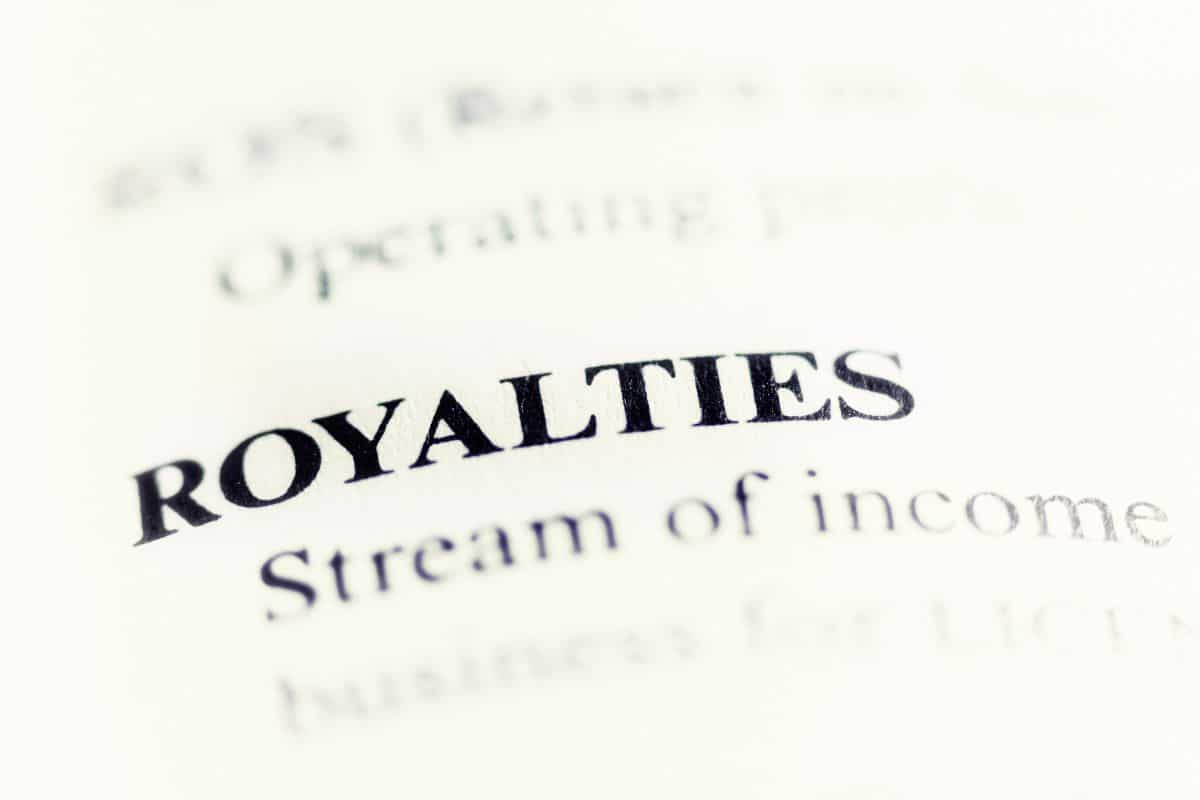An oil & gas litigation lawyer is essential because leases can be notoriously complicated. Even people who own oil and gas interests might have trouble understanding complex nuances that apply when leasing their interests to oil and gas producers. Sometimes differences of opinion arise regarding the payment of royalties. When the parties cannot agree to settle, one or both parties might ask an oil & gas litigation lawyer to take the matter before a judge. In some cases, like Chesapeake v. Hyder, the court’s decision regarding cost-free royalties has a far-reaching effect on producers and landowners alike.
Calculating Oil & Gas Royalties
The lease between the mineral rights owner and the production company governs how royalties are calculated and paid. Some provisions are relatively standard, but others have been open to interpretation. If you are confused about the terms of your lease, contact an oil & gas litigation lawyer for help.
For example, royalties typically are paid on the gross revenue of the leased wells, less a percentage of the post-production costs. Lessees pay production expenses. However, the parties might disagree about which costs constitute appropriate deductions from revenues.
Cost-Free Royalties Paid to Landowners In Chesapeake v. Hyder, the Hyder family has leased a mineral interest to Chesapeake Exploration, L.L.C. (“Chesapeake”). The original lease contained a royalty clause that gave a “perpetual cost-free (except only its portion of the production taxes) overriding royalty of five percent (5.0%) of gross production obtained.”
According to the terms of the lease, the Hyder family had an overriding cost-free royalty interest. The disagreement between Hyder and Chesapeake related to whether the cost-free royalties were subject to production or post-production costs – or neither.
The Decision in Chesapeake v. Hyder
Overriding royalties, by their nature, are not subject to production costs. However, language in the lease between the Hyders and Chesapeake stated that the royalties were “not chargeable with any of the expenses of operation.” The term “cost-free overriding royalty” was used.
The Hyders claimed that, according to specific language in the lease, their royalties were free from both production and post-production expenses. Chesapeake argued against their assertion. However, the Texas Supreme Court ruled that the term “cost-free” also referred to post-production royalties.
What do the decisions in Chesapeake v. Hyder and subsequent cases mean going forward? Leases between landowners and oil and gas companies should be carefully drafted to avoid ambiguous language and to ensure the written documents accurately reflect the parties’ agreements. When insurmountable disagreements do occur, it’s important to bring in legal counsel for advice as soon as possible.
Ask an Oil & Gas Litigation Lawyer to Help with Complicated Oil & Gas Issues
The attorneys at Henke, Williams & Boll assist clients like you with oil & gas litigation and other matters. But we don’t just help a little. We win cases through aggressive representation using extensive knowledge of the Texas legal system.
Our oil & gas litigation lawyer can help resolve the many legal issues that arise in the oil patch, including disputes over oil and gas investments, mineral leases and title ownership, drilling and operations, operating agreements, surface use, and damages, water use, oil and gas lease covenants, lease forfeiture, royalties, saltwater production and disposal, environmental damage, and more.
Our attorneys have more than 100 combined years of experience practicing law, and our broad range of knowledge enables us to provide practical solutions tailored to the unique needs of our clients. We are a proud law firm with commitment and passion for assisting those in need. Let us help you get the results you deserve.
For a free consultation or phone appointment, call 713-940-4500 or use the convenient contact form located on our website. We represent clients throughout Texas.


